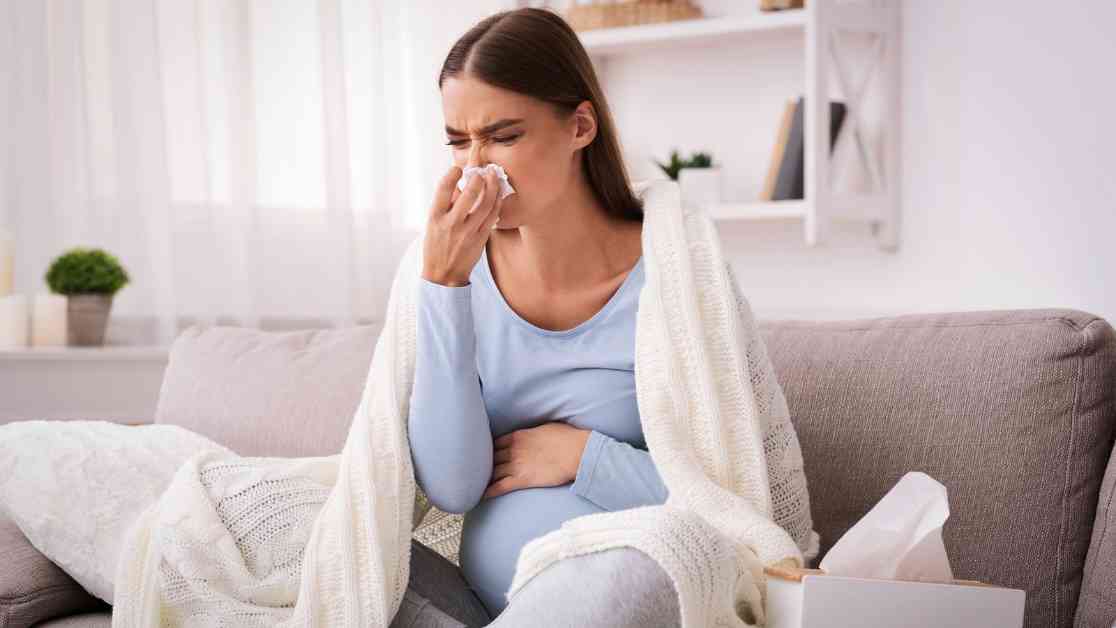The UK Health Security Agency (UKHSA) has recently reported a slight increase in hospitalizations among COVID patients, with the admission rate at 4.5 per 100,000 people in the week to 6 October. This marks the fourth consecutive weekly rise and has raised concerns about the new COVID variant XEC. While there has been speculation about XEC becoming the dominant strain and causing a winter wave, the UKHSA has not issued any specific warnings about this variant.
Dr. Jamie Lopez Bernal, a consultant epidemiologist at UKHSA, has stated that the current information does not indicate a higher level of concern regarding the XEC variant. The agency is closely monitoring the situation, as approximately one in 10 new cases analyzed show the XEC lineage. XEC is part of the Omicron family and was first identified in May. It is a recombinant of two other strains, KS.1.1 and KP.3.3, which exchanged genetic information to form the third strain, XEC.
According to the World Health Organization (WHO), XEC was one of two variants showing increasing prevalence globally between 19 August and 15 September. However, it only accounted for a small percentage of cases, with KP.3.3 being responsible for almost half of the cases worldwide. In the UK, XEC was identified in 9.35% of COVID cases in samples taken by the UKHSA, while 59.35% were identified as KP.3.3.
Variants of viruses occur when mutations lead to new strains with potential advantages. During the pandemic, thousands of COVID variants were identified, with some proving significant while others disappeared. Experts warn that as people develop immunity to one variant, the virus may mutate to evade immune responses, leading to more dangerous forms of the virus.
As for the symptoms of XEC, no specific symptoms have been identified, and it is said to present similar symptoms to other COVID variants. Common symptoms include a high temperature, cough, loss of taste or smell, shortness of breath, fatigue, body aches, headache, sore throat, and runny or blocked nose. Health authorities recommend staying at home and avoiding contact with others if experiencing symptoms.
In preparation for the winter season, the UKHSA advises getting vaccinated against COVID, flu, and RSV. Booster shots and flu jabs are available to adults aged 65 and over, residents in older adult care homes, and individuals with underlying health conditions aged six months to 64 years. Frontline health and social care staff are also eligible for vaccinations. Additionally, the NHS is offering vaccinations against RSV for people aged 75 to 79 and pregnant women from 28 weeks to protect themselves and their child.
It is crucial to stay informed about the latest developments regarding COVID variants and take necessary precautions to protect yourself and others during the upcoming winter season. Stay updated on vaccination opportunities and follow health guidelines to minimize the risk of infection.




